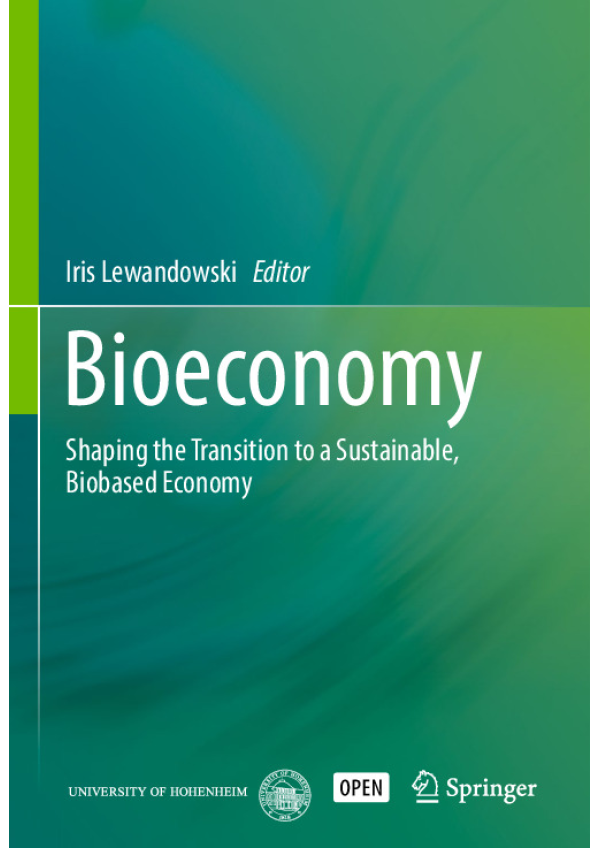Bioeconomy: Shaping the Transition to a Sustainable, Biobased Economy
Feeding a growing population is one of the major challenges of the twenty-first century. However, 200 years ago, it was this very same challenge that initiated the foundation of the University of Hohenheim in 1818. Three years earlier, in 1815, the volcano Tambora erupted in Indonesia. This local geological event had tremendous impact on the global climate. The eruption ejected huge quantities of ash into the atmosphere, causing two ‘summers without sun’.
In Europe, lower temperatures led to poor crop growth, resulting in famine and riots. On 20 November 1818, King Wilhelm I of Württemberg founded an agricultural education and research station at Hohenheim, with the aim of contributing to regional food security by educating farmers and developing better agricultural production methods.
This textbook is a joint venture aiming to explore important aspects of the bioeconomy from the perspective of Hohenheim’s educators and students and offers an orientation guideline for the future. It provides specialised knowledge in relevant disciplines as well as the systematic approaches required to shape bioeconomic projects and activities. Issued on the occasion of the 200th anniversary of the University of Hohenheim, it will be made available globally to all students and professionals aiming to drive the bioeconomy for a more sustainable future.
Belum ada ulasan untuk buku ini.


